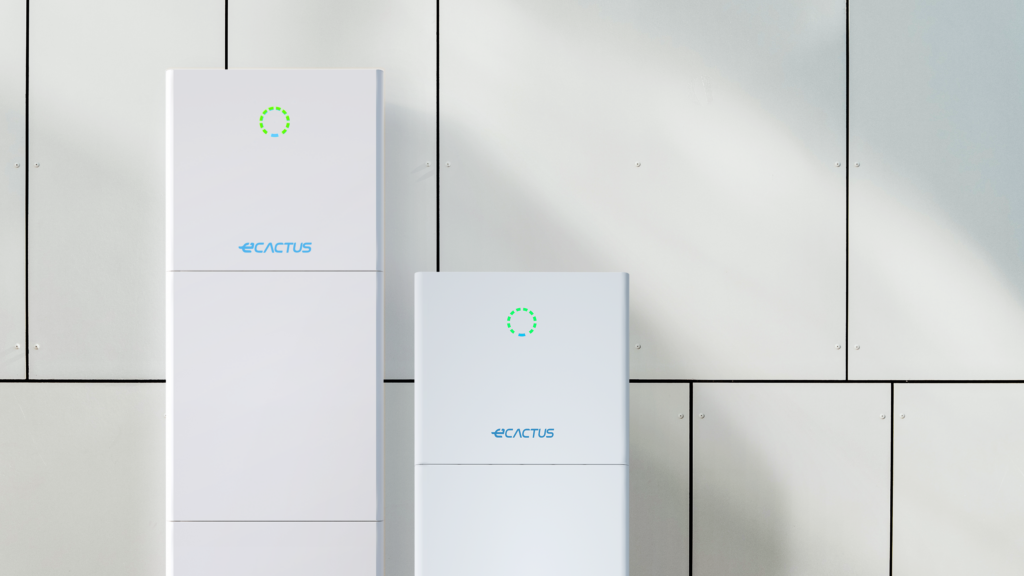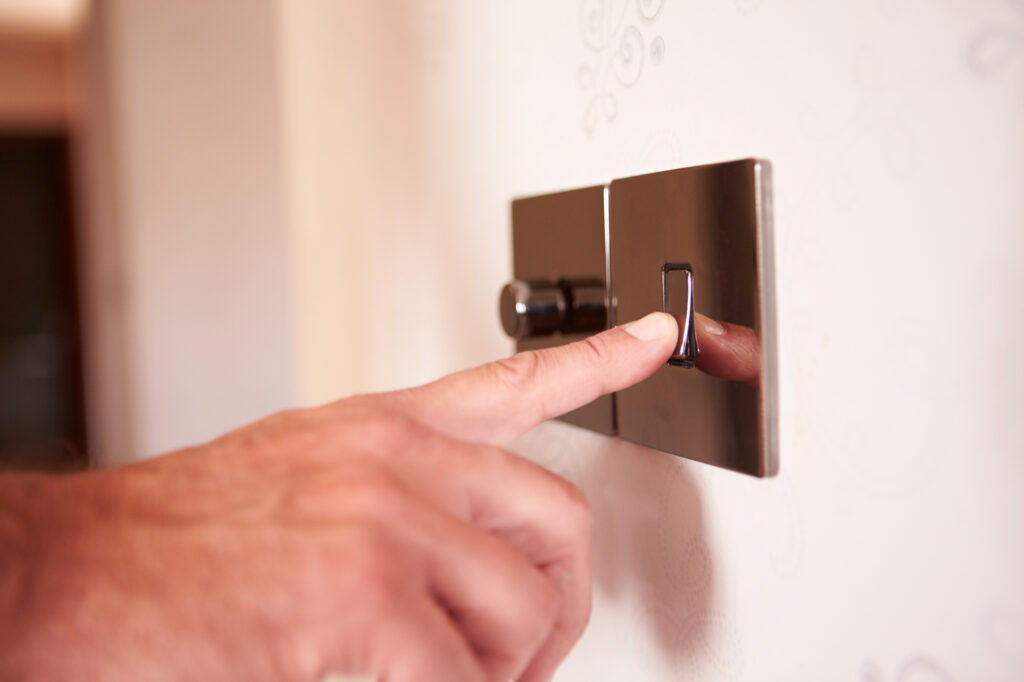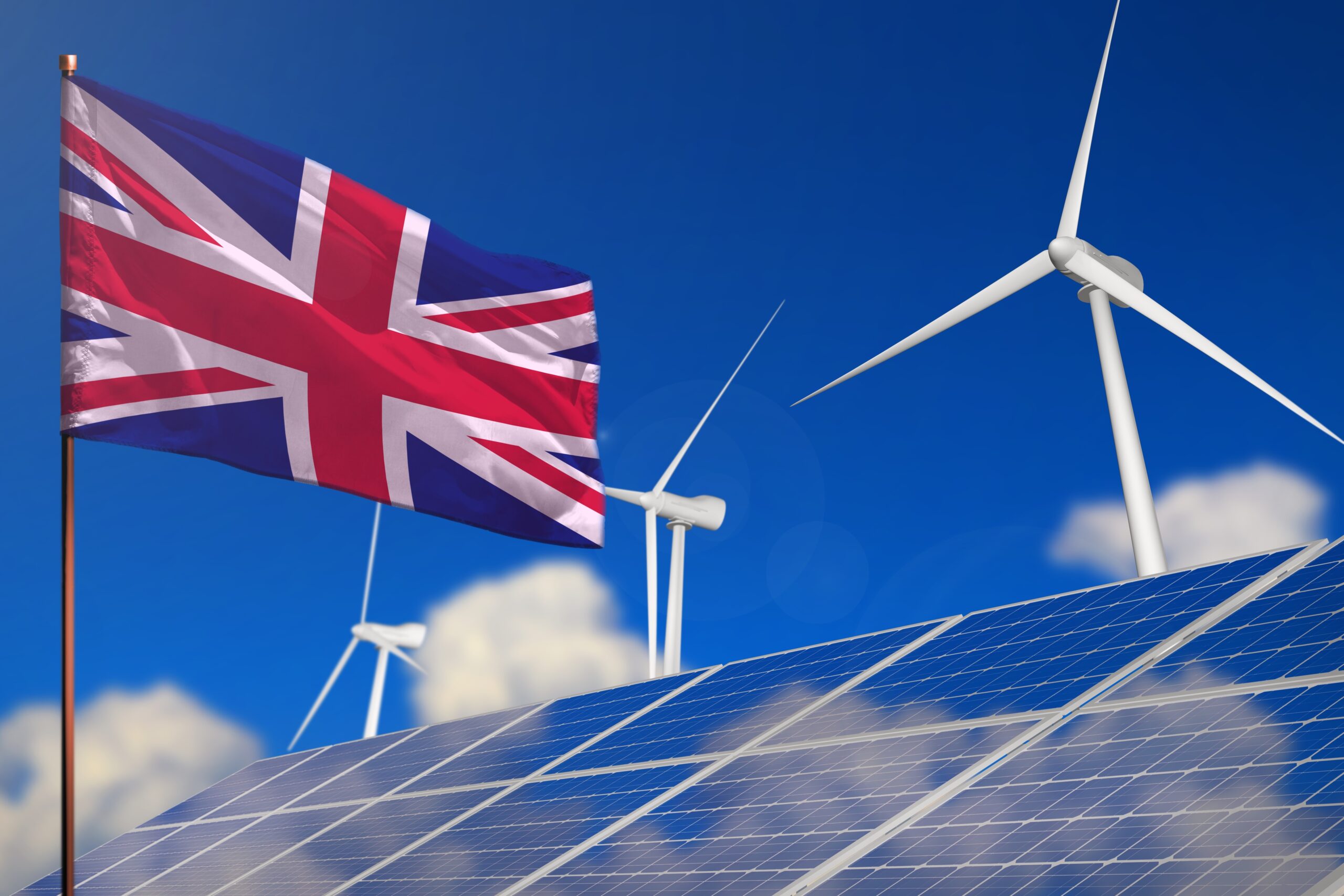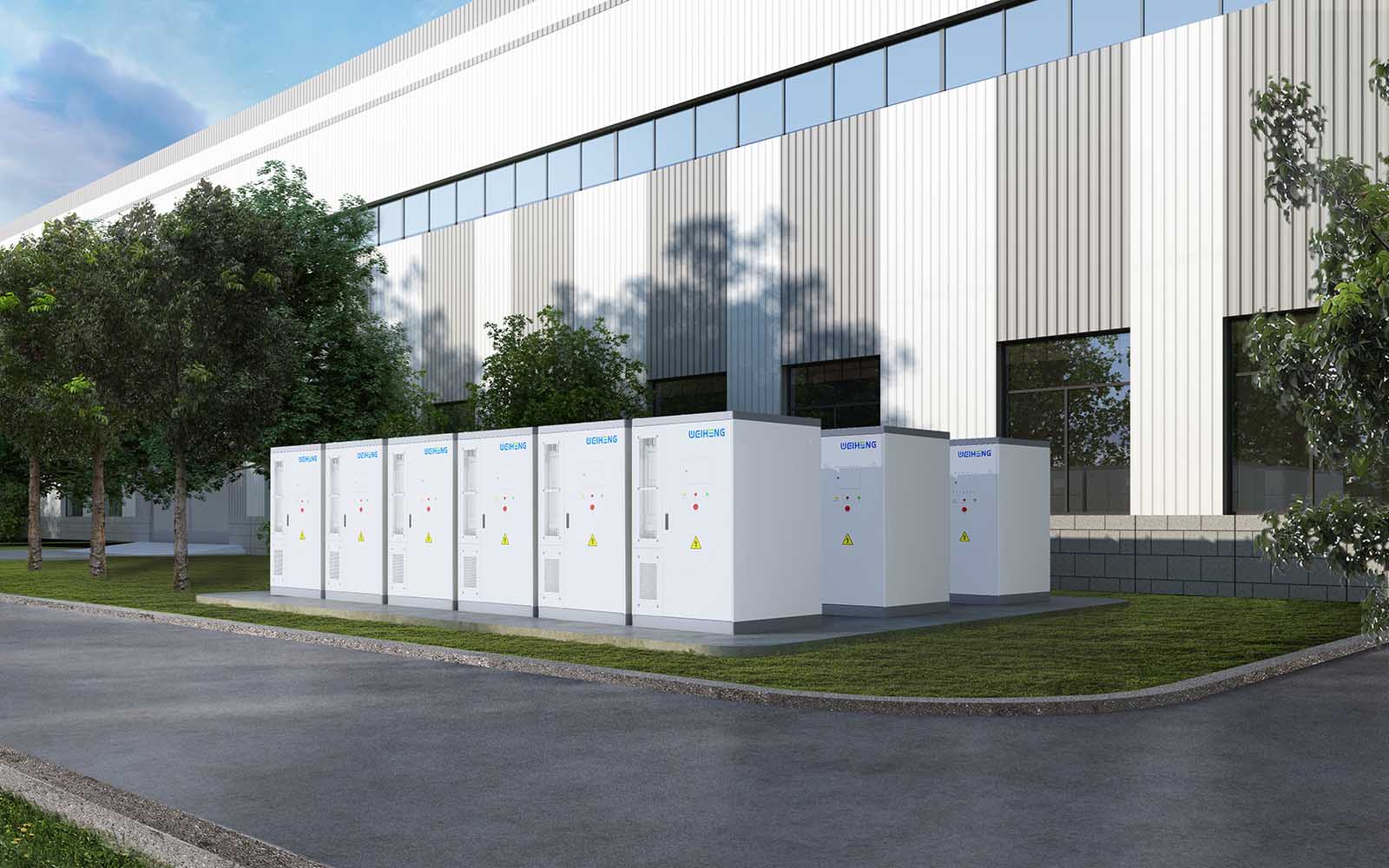
In an industry as technical as solar, it’s easy to find yourself overwhelmed by numbers and measurements. “I just want to store electricity for my house” you’re probably thinking, and while the impressive functionality of Battery Energy Storage Systems does just that, factors like kWh do play an important role. Specifically, if you’re a homeowner, you’re probably looking at anything from around 5kWh to 10kWh to meet your needs.
In this blog, we aim to look into both 5kWh battery storage, and 10kWh battery storage, and guide you towards understanding which is best for you.
What does kWh mean?
The term ‘kWh’ stands for kilowatt-hour, a unit measuring energy consumption over time. Imagine a light bulb rated at 1 kilowatt (kW). If you turn this bulb on and let it shine for one full hour, you’ll consume 1 kilowatt-hour (kWh) of energy. It’s a standard unit you’ll often see on your electricity bill, denoting the amount of power your household has used.
In the context of Battery Energy Storage Systems (BESS), it represents the amount of electricity the system can store and deliver. Understanding kWh is crucial to evaluating how much battery storage you need.
Understanding Your Energy Usage
To find a BESS that suits your needs, it’s crucial to understand your household’s daily energy usage. You may wonder, “How much energy do I use?” Fortunately, this information is readily available on your electricity bill.
Your utility bill will list your electricity usage in kWh, often broken down into daily or monthly figures. A closer look at these figures can provide insight into your household’s average energy consumption. Consider a few months’ worth of bills to account for potential seasonal variations.
On average, a UK household might consume between 8 and 10kWh of electricity per day. However, your household might use more or less than this, depending on various factors. Large families or houses with electric heating systems or those with devices like electric vehicles may have higher energy usage. Conversely, smaller, energy-efficient households might use less.
Another useful exercise is to calculate your usage. You can do this by noting the wattage of each electrical device you use (usually mentioned on the device or its manual), estimating the number of hours each device is used daily, and then totalling up these figures.
However, bear in mind that your energy consumption will likely vary throughout the year. Also, understand that energy usage is not a fixed concept – small changes in your energy habits can lead to significant savings. Being aware of your energy consumption is the first step towards more efficient energy usage and choosing the right BESS for your needs.
What’s the difference between 5kWh and 10kWh battery storage?
So, what distinguishes a 5kWh system from a 10kWh one?
Well, a 10kWh BESS can store twice as much as a 5kWh system. That means twice as much power may be stored and supplied for usage in your house.
Smaller or very energy-efficient homes may find a 5kWh BESS appropriate. It may also complement solar energy systems nicely, maximising the use of this renewable energy. This size of BESS may handle necessities like TVs, refrigerators, lights, and tiny gadgets charging.
If your home uses a lot of energy, though, a 10kWh BESS would be more sensible. Larger capacity homes with electric heating, several big appliances, or electric cars might benefit. More loads may be covered by it, which lessens dependence on the grid, particularly during busy hours or blackouts.
Which of these two you choose mostly relies on how much energy your home uses. Recall that choosing the bigger figure is not the only objective; the idea is to match your BESS as closely to the energy consumption of your house. The best option depends on how well energy efficiency and comfort are balanced.
Factors to Consider When Choosing Between 5kWh and 10kWh BESS
When deciding between a 5kWh and a 10kWh battery, there are several factors you should consider to make the best choice for your household:
Number of Household Members
Generally speaking, more people living in a house translates into increased energy usage since more gadgets are in use.
Energy Efficiency of Your Home
Homes with well-insulated walls and energy-efficient appliances will use less energy overall.
Use of Renewable Energy Installations
You might not require a high-capacity BESS if your house has wind turbines or solar panels as these systems will already lower your grid demand.
Local Climate
If you do indeed use solar panels, their performance varies depending on light exposure and temperature, affecting the amount of energy you generate and store. On the one hand, if you are receiving a constant supply of sunlight on a daily basis, the chances are, you will be getting most of your power directly from your solar panels anyway, and as such will need less from a BESS.
On the other hand, less sunlight later in the day could mean that you would benefit from a BESS with a high kWh, however, equally, not getting a lot of sunlight might mean that a high kWh BESS never sees its full potential reached anyway.
Daily Energy Consumption
You will be able to determine the right battery size by knowing how much energy you use every day. Remember that UK homes use, on average, between 8 and 10kWh each day.

Lifestyle and Energy Usage Habits
If you use hot tubs, electric car chargers, or other high-consumption equipment frequently, you may need a bigger BESS.
Although juggling all these considerations might be challenging, selecting a BESS that fully meets your requirements depends on it. Seek expert counsel without delay to make an educated choice. Recall that the BESS that best matches your lifestyle and the energy profile of your house is the one for you.
At eCactus Solar UK, we offer both 5kWh and 10kWh batteries for our Agave range. Its quick and easy functionality makes it a great choice for any homeowners looking to start their BESS journey.
Selecting a 5kWh or 10kWh BESS mostly comes down to the particular energy requirements and usage patterns of your home. Energy independence, economic savings, and environmental sustainability are major advantages of any system, regardless of the size or energy use of the home. Please contact eCactus Solar UK with any questions or to get help selecting the best BESS for your requirements.







